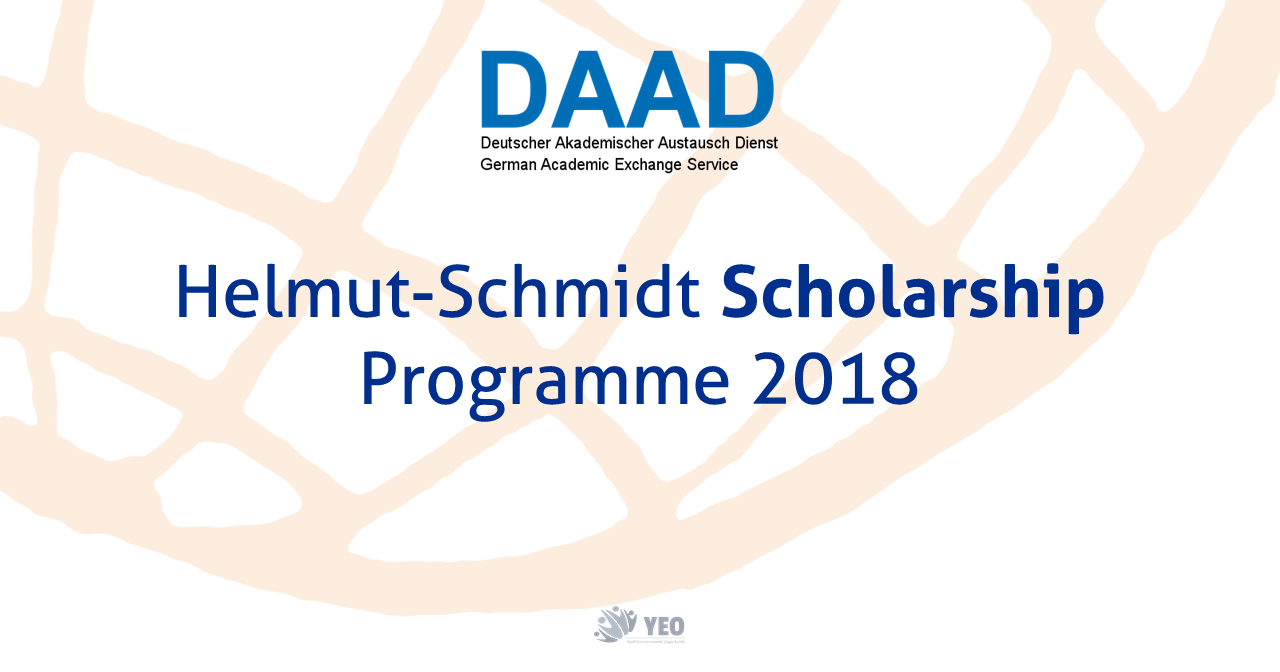CALL FOR PAPERS
Amity Law School, one of the pioneer legal institutions in India, is organizing two days national conference on POSTCOLONIALISM: INDIAN RESPONSE AND TRANSFORMATION- AUG 2017.This conference intends to bring together Academicians, Researchers, Professionals, Industry Experts and Enthusiasts to discuss about India’s specific responses to colonialism and to analyse the postcolonial understanding of the same. To discuss the Interdisciplinary approach, how it is inculcating profound understanding of the yester times in the era of rapid change and growth. This conference aims at providing a platform for academia for advancement and promotion in research in emerging areas.
About The Conference:
The objective of this Interdisciplinary two days National Conference on “Postcolonialism: Indian Response and Transformation” is to trace India’s specific responses to colonialism and to analyse the postcolonial understanding of the same. To landmark the intellectual developments of the Postcolonial Indian times and to critically analyse the different school of thoughts of the period of transformation which realised in current era. To trace the socio- political intricacies of contemporary Indian times and to identify the indigenous legal patterns and traits of society. To analyse the period of transformation and to look over the changing status of growth and to identify its impact on present juncture. To have a better understanding of India’s specific responses to colonialism and postcolonialism among researchers, students and the masses.
Main Theme:
Postcolonialism: Indian Response and Transformation
Sub-themes
1.Postcolonialism: Perspectives from History and Literature
1.Postcolonialism: Perspectives from History and Literature
- Postcolonialism: Responses from the Colonies (India & Africa)
- Hannah Arendt and Mahatma Gandhi’s reflections on violence and non-violence
- Dehumanisation of the Colonies and the Wretched of the Earth
- Postcolonialism and the hybrid spaces: Destruction and construction of new spaces
- Answer in Master’s Language: Writing as Translation?
- Subaltern History: A Conceptual Crisis?
- Vernacular modernity: A counter thesis to European Modernity?
- The Aryan Hypothesis: Scam of colonial Historiography?
- Hinduism: The Making of Christian Other in Ninetieth century
- Propaganda in the colonies: Responses from India and Africa
2.Postcolonial Socio-Political responses from India
- From Bio-power to Queer theory: politics of sex, gender and desire
- Desiring-production: Anti-Œdipus (1972): a frame beyond Freudo-Marxism ?
- From Accidental Nationalism to Flag Nationalism: The secular India
- Castes of Mind and the Non-cast Hinduism
- From Oriental Despotism to Democracy: Responses from India and Pakistan
- The European Other: Idea of Tribe, Indigenous and the aboriginal
- The Banality of Power and the Aesthetics of Vulgarity in the Post colony
- Loss and Recovery of Social Self Under Colonialism
3.Post-Colonial Legality in India
- Codification and Textualization of Colonial Indian Laws
- The Euro-centric bias of the Indian Colonial Laws and Legislations
- ‘The Legal Others’ within the Colonial Laws: The Indigenous People, the Tribal and the
- Adivasis
- Post-Colonial Criminal Laws in India
- The Adoption of the Western Concept of Development in India in context of the Land
- Acquisition Laws
- Introspection and Rethinking the Human Rights Discourse in India
- The Violence and the Silences in the Language of the Indian Laws
- The Right to Equality in Post-colonial India: Reality or Myth?
- The Archaic Colonial Personal Laws in Post-Colonial India: A relic of the Past?
4.Indian Economic Transformation: Colonial and Postcolonial Times
- Poverty and Famine in colonial India: Through the lances of The Entitlement Approach
- From Asiatic mode of production to the Political Economy: Indian Economical
- transformation
- Economic Growth versus Development debate: Response from Indian Sub-continent
- Indentured Laborers and the making of India Diaspora
- Structural adjustment program (SAPs): Poverty Reduction or Neo-colonialism? Changes in Macro-economic variables in pre-and post-economic reforms the world-systems perspective: A way ahead
NOTE:
The sub-themes are only indicative. Participates can present papers on other interdisciplinary sub-themes, not indicated above but closely connected with the theme of the conference.
IMPORTANT DATES:
Last Date for Submission of Abstract: 30th June 2017
Full Paper Submission (Soft Copy): 21st July 2017.
Last Date for Registration: 10th July 2017
Notification of Acceptance/Improvisation: Within five working days of the submission of abstract/Paper
VENUE: Amity Law School, Amity University, Noida
Contact
Dr. Tripti Srivastava
Email: tsrivastava1@amity.edu
Mobile: 9868034431
Mr. Bhavya Nain
Email: bnain@amity.edu
Mobile: 9810005476
Ms. Swati Kaushal
Email: skaushal@amity.edu
Mobile: 9910418599
For further details, click HERE (http://amityconference.weebly.com/)
